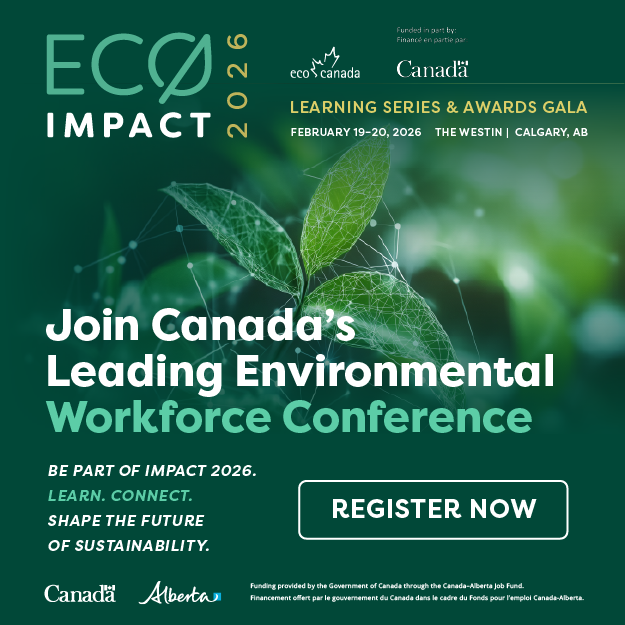June 8th marks World Oceans Day, an initiative that began in 1992 as an opportunity for non-government organizations (NGOs) and civil society to highlight environmental issues affecting our ocean.
At the 2008 UN General Assembly, Canada put forward that June 8 be designated by the United Nations as World Oceans Day and every year since then, people around the world have come together to celebrate and honour the ocean that connects us all.
Around 71% of the earth’s surface is covered in water, and 96.5% of all water on earth is believed to be in the ocean; maintaining a healthy ocean is vital. The ocean not only generates most of the oxygen we breathe but it helps feed us, cleans the water we drink and helps regulate our climate. By protecting our ocean, we can help protect our futures.
What are the issues affecting our ocean?
There are several issues affecting the health of our ocean, some of which we covered in our sustainable fishing blog post, some other issues are outlined below.
Plastic bags and other garbage
Plastic in our oceans has become big news in recent years and most people are now aware of the issues arising from straws and plastic in our waters. Other trash in the oceans is an issue too and images of garbage patches have been becoming more common.
Plastic bags look like prey to certain marine mammals including dolphins and sea turtles who then ingest them. Other sea animals can get entangled and trapped in the garbage and it can also damage sea sponges and corals.
The giant Great Pacific Garbage Patch is a sign that we need to do more to produce less waste and prevent it from getting into the ocean.
Sustainability in the fishing industry
There’s also a need for improved sustainability in the fishing industry which we go into more detail on in our ‘what is sustainable fishing?’ blog post. Overfishing and illegal fishing are some of the biggest issues affecting biodiversity and the health of our ocean.
Acidification
The ocean absorbs as much as 1/3 of the CO2 emitted worldwide. This helps keep the earth cooler but makes the ocean surface more acidic and limits the amount of calcium carbonate available for coral, plankton and other marine life that need this to build the skeletal frames and shells.
Our reliance on fossil fuels and global increase in CO2 emissions is increasing the rate of ocean acidification which could put the entire food web at risk and affect the livelihoods and economies of individuals and organizations who rely on the ocean for survival.
Ocean warming
The ocean is warming as a result of increased concentrations of greenhouse gases in the atmosphere, mainly from fossil fuel consumption. Warming ocean temperatures affect marine species and ecosystems which require specific environments for life.
Coral bleaching is one consequence of a warming ocean and the loss of breeding grounds for marine fish and mammals has also been attributed to this.
The decrease in fish numbers has negative effects for us too when it comes to food security and effects the livelihoods of those who rely on fishing. Furthermore, there’s some evidence that warming ocean temperatures are linked to an increase in marine species. Humans may be at risk of transmission of these diseases through consumption or when recreating in marine environments.
What’s being done to help protect the ocean?
Last year, Canada committed to sustainably managing 100% of its ocean by 2025 and protecting 30% of marine waters by 2040, rebuilding fish stocks, reducing plastic in the ocean and creating a sustainability plan. This commitment is a step in the right direction and World Ocean Day serves as a reminder of why this is important.
The oceans are important for people’s livelihoods, biodiversity on earth and climate change amongst other reasons. The commitment of Canada, alongside other countries, to protect 30% of marine waters by 2030 is sometimes referred to as 30×30, the guiding principles of which are:
- Support locally-led conservation
- Honour the sovereignty of tribal nations
- Support private conservation
- Be guided by science
More information on 30×30 is shown in the infographic below:

Resources to learn more about the ocean and ocean careers
We champion the end-to-end career of the environmental professional across all industries including marine industries. If you’re interested in learning more about the blue economy and ocean sustainability, careers in this industry and hearing from environmental professionals already in the industry, take a look at the resources below.
- Blue Economy NOS Survey: if you currently work in the blue economy, please take our survey to help us map out the core skills and competencies required. This will help ensure the right tools and resources are in place to grow the blue economy over the coming years.
- What is the Blue Economy?
- Sustainable Fishing: What is it and why is it important?
- Marine careers and ocean jobs:





